 W
WThe term "bedder" is short for "bedmaker" and is the official term for a housekeeper in a college of the University of Cambridge. The equivalent at the University of Oxford is known as a "scout". The equivalent at Trinity College, Dublin was known as a "skip", until the practice was abandoned in the early 1970s. The colleges of the University of Durham have also replicated the Oxbridge model and refer to housekeeping staff as bedders. There is no equivalent at the vast majority of other British or American universities, though the universities of Princeton, Yale, and Harvard have previously offered similar positions to care for their students' needs.
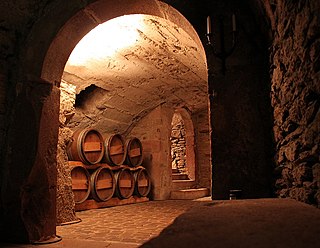 W
WA buttery was originally a large cellar room under a monastery, in which food and drink were stored for the provisioning of strangers and passing guests. Nathan Bailey's An Universal Etymological English Dictionary gives "CELLARIST – one who keeps a Cella, or Buttery; the Butler in a religious House or Monastery." As the definition in John Stevens's The History of the Antient Abbeys shows, its initial function was to feed and water the guests rather than monks: "The Buttery; the Lodging for Guests". In a monastery a buttery was thus the place from which travellers would seek 'doles' of bread and weak ale, given at the exterior buttery door. The task of doling out this free food and drink would be the role of the butterer. At larger monasteries there would also be a basic hostelry, where travellers could sleep for free.
 W
WA common room is a group into which students and the academic body are organised in some universities in the United Kingdom and Ireland — particularly collegiate universities such as Oxford and Cambridge, as well as the University of Bristol, King's College London, Dublin University, Durham University, University of York, University of Kent and Lancaster University. At some Cambridge colleges, it is called a combination room. This terminology has, in addition, been taken up in some universities in other English-speaking nations. The terms JCR, MCR, and SCR are used by Harvard University, Yale University, Princeton University, and the University of Toronto.
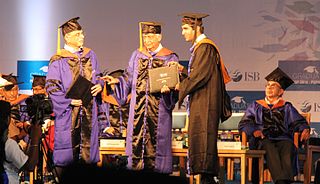 W
WA convocation is a group of people formally assembled for a special purpose, mostly ecclesiastical or academic.
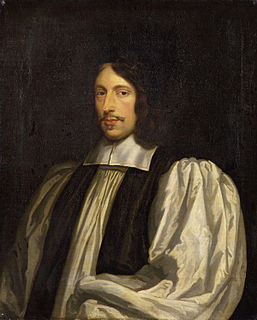 W
WNathaniel Crew, 3rd Baron Crew was Bishop of Oxford from 1671 to 1674, then Bishop of Durham from 1674 to 1721. As such he was one of the longest serving bishops of the Church of England.
 W
WFormal Hall or Formal Meal is a meal held at some of the oldest universities in the United Kingdom and the Republic of Ireland at which students usually dress in formal attire and often gowns to dine. These are held commonly in the colleges and halls of Oxford, Cambridge, Dublin, Durham, St Andrews, Bristol, London, the Australian sandstone universities, and Toronto.
 W
WThe High table is a table for the use of fellows and their guests in large dining halls, where the students eat in the main space of the hall at the same time. They remain the norm at Oxford, Cambridge, Dublin and Durham universities, where the university is organized into colleges. Other academic institutions also have high tables.
 W
WTimothy Walker is a British botanist. He was the Horti Praefectus (Director) of the University of Oxford Botanic Garden and Harcourt Arboretum.
 W
W"The Isis" is an alternative name for the River Thames, used from its source in the Cotswolds until it is joined by the Thame at Dorchester in Oxfordshire. It derives from the ancient name for the Thames, Tamesis, which in the Middle Ages was falsely assumed to be a combination of "Thame" and "Isis". Notably, the Isis flows through the city of Oxford.
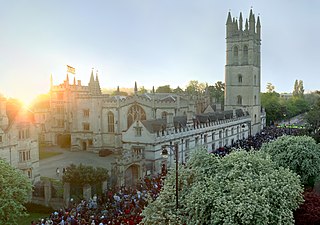 W
WMay Morning is an annual event in Oxford, United Kingdom, on May Day.
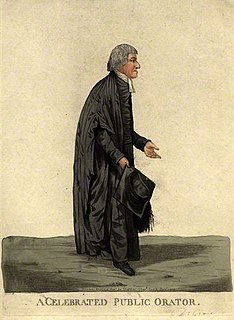 W
WThe Public Orator is a traditional official post at universities, especially in the United Kingdom. The person in this position acts as the voice of the university during public occasions.
 W
WOxbridge is a portmanteau of Oxford and Cambridge, the two oldest, wealthiest, and most famous universities in the United Kingdom. The term is used to refer to them collectively, in contrast to other British universities, and more broadly to describe characteristics reminiscent of them, often with implications of superior social or intellectual status or elitism.
 W
WThe Oxford "-er", or often "-ers", is a colloquial and sometimes facetious suffix prevalent at Oxford University from about 1875, which is thought to have been borrowed from the slang of Rugby School. The term was defined by the lexicographer Eric Partridge in his Dictionary of Slang and Unconventional English.
 W
WOxford Blue is the official colour of the University of Oxford. The official Oxford branding guidelines set the definition of Oxford Blue as Pantone 282, equivalent to the hex code #002147.
 W
WThe majority of colleges at the universities of Cambridge, Durham and Oxford, as well as newer collegiate universities such as Lancaster University York and older universities like University of Bristol and St David's College, have members of staff called porters. There is normally a head porter and a team of other porters. Their precise job roles vary from college to college. Oxbridge porters are highly sought after jobs. Porters work in a section of the college called the porters' lodge, at the main entrance.
 W
WA porters' lodge or porter's lodge is a place near the entrance of a building where one or more porters can be found to respond to enquiries from the public and direct them around the building. It is particularly associated with university accommodation in the United Kingdom and Canada.
 W
WTown and Gown are two distinct communities of a university town; 'town' being the non-academic population and 'gown' metonymically being the university community, especially in ancient seats of learning such as Oxford, Cambridge, Durham, and St Andrews, although the term is also used to describe modern university towns as well as towns with a significant public school. The metaphor is historical in its connotation but continues to be used in the literature on urban higher education and in common parlance.